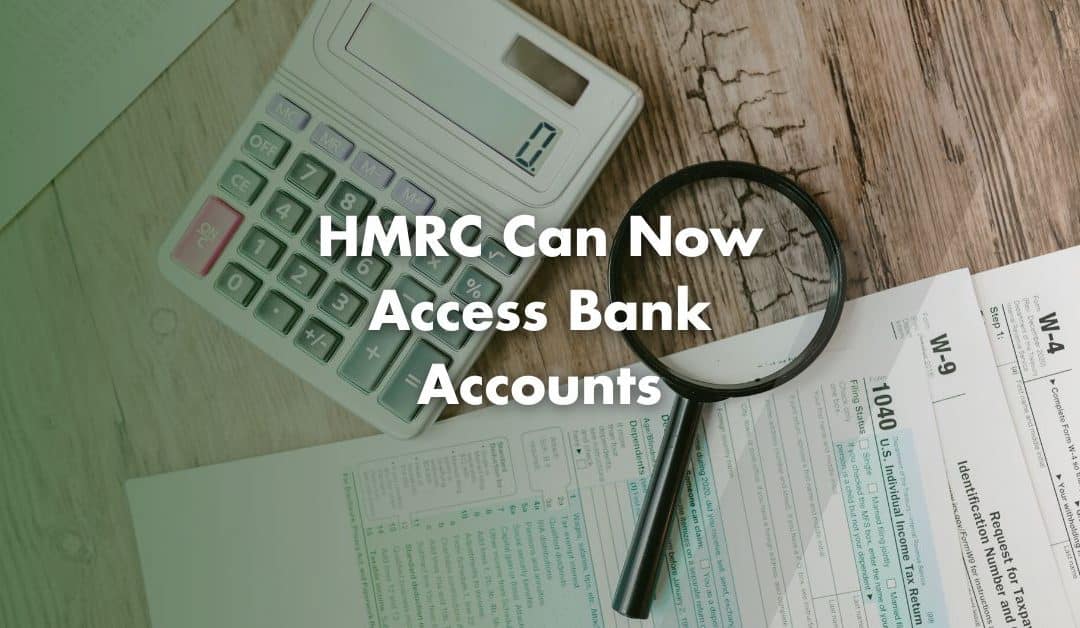HMRC has relaunched a scheme that allows it to access take unpaid taxes directly from people’s bank accounts. If you owe at least £1,000 and ignore repeated reminders, HMRC can now instruct your bank or building society to release the funds. This includes money held in Cash ISAs (Individual Savings Accounts).
The scheme, known as Direct Recovery of Debts (DRD), was first introduced in 2015. It was paused during the COVID-19 Pandemic but relaunched in 2025. Chancellor Rachel Reeves confirmed its return in the Spring Statement, describing it as a “test and learn” phase.
How Direct Recovery of Debts Works
HMRC will not take money without warning. First, an HMRC officer will visit you in person. They will confirm your identity, verify the debt and discuss repayment options. Only if you continue to ignore the debt can HMRC recover money from your accounts.
Strict safeguards apply:
- At least £5,000 must remain across your accounts to cover essentials
- The 30-day appeal period must pass before action is taken
- HMRC cannot use these powers if you are deemed “vulnerable”
These measures aim to balance debt recovery with protection for those in genuine hardship.
Why HMRC Restarted DRD
The government faces mounting pressure to collect unpaid tax. As of 2025, HMRC is owed £42.8 billion, far more than before the pandemic. To address this, the government has set a target to recover £11 billion more by 2030.
To strengthen enforcement, HMRC has received £630 million in funding and recruited 2,400 new staff. The DRD relaunch is part of a broader strategy to ensure that taxpayers who can pay, but choose not to, no longer avoid their obligations.
The groups most likely to be affected may include self-employed workers, landlords and those with significant investment or rental income. These groups often pay through Self Assessment, making them easier for HMRC to track.
Can HMRC Access Your Bank Accounts?
Yes, but only under certain powers. HMRC does not have free access to your bank details. Instead, it uses three things:
- Schedule 36 Notices – Requests for documents or information
- Financial Institution Notices (FINs) – These allow HMRC to demand information directly from banks without tribunal approval
- Direct Recovery of Debts (DRD) – This enables HMRC to recover unpaid taxes once other options and appeal rights have been exhausted
In addition, HMRC receives data automatically. Since 2024, online platforms such as eBay and Vinted must report seller earnings that exceed thresholds. Through the OECD’s Common Reporting Standard (CRS), overseas banks also share information on UK residents’ accounts, giving HMRC visibility of global assets.
Why HMRC Might Review Your Finances
HMRC usually acts when it spots warning signs, such as:
- Figures on tax returns do not add up
- Discrepancies in online income
- Spending patterns that exceed declared income
- Repeatedly late returns or ignored letters
Other triggers include anonymous tips or disclosure during compliance checks. In rare but serious cases, HMRC can freeze accounts or seize assets. However, these powers are separate from DRD and require court processes.
What You Should Do If You Owe Tax
Experts stress one key point: do not ignore HMRC. Failing to respond increases the risk of them taking money without your consent. If you cannot pay in full, HMRC offers “Time to Pay” arrangements that let you spread the debt over instalments.
What Critics Say
Not everyone supports DRD. Tax specialists have described the powers as “draconian“. They warn that errors or disputed amounts could place undue stress on taxpayers. Although HMRC insists its safeguards are robust, critics note that mistakes in communications or calculation can still cause problems.
The government, however, argues that the policy ensures fairness. With billions in unpaid tax, ministers believe it is right to focus on people who can pay but refuse. The challenge will be applying the rules fairly and protecting vulnerable groups.
Contact Us
We are not just accountants; we are Chartered Accountants with one of the most reputable and premium accounting bodies. We are registered and regulated by ACCA; so you can rest assured that you are in good hands. Knowing this, don’t hesitate to get in touch with us if you require assistance: Pi Accountancy | Contact Us
This article is for general informational purposes only and does not constitute legal or financial advice. While we aim to keep our content up to date and accurate, UK tax laws and regulations are subject to change. Please speak to an accountant or tax professional for advice tailored to your individual circumstances. Pi Accountancy accepts no responsibility for any issues arising from reliance on the information provided.

